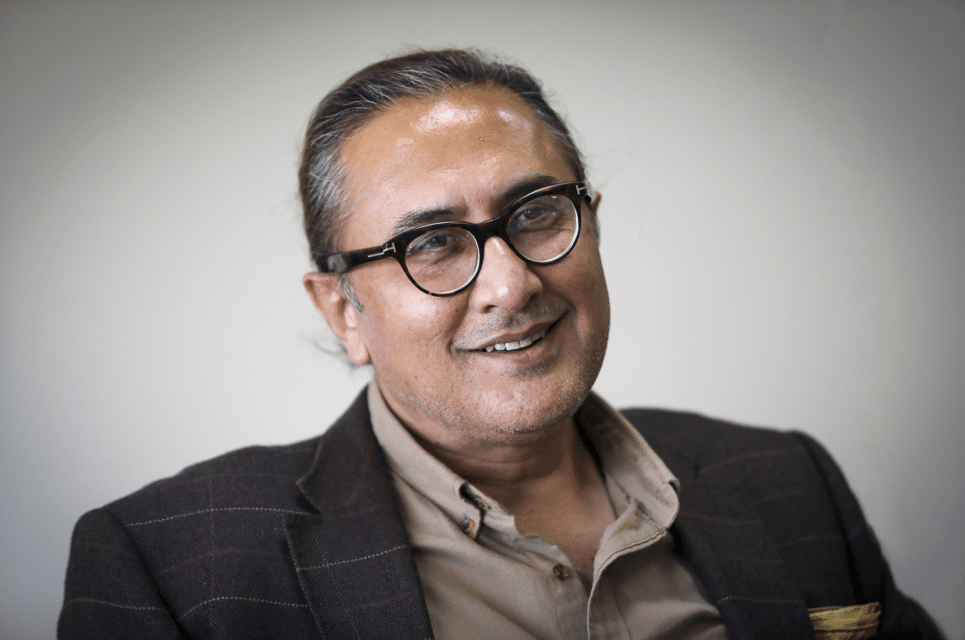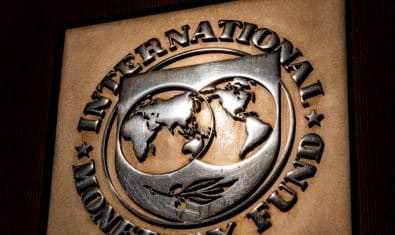It is imperative to attract private investment for sustainable management of infrastructure, as one of the major concerns in the developing world is the finite spending capability of governments to bridge the infrastructure financing gap.
This was stated by Chairman Securities and Exchange Commission of Pakistan (SECP), Aamir Khan while delivering a keynote address at a capacity building session on “Financing Infrastructure via Capital Markets”.
Infrazamin Pakistan organized the session to enhance outreach and understanding among all stakeholders about the role and importance of capital markets.
Aamir gave examples of both sovereign and non-sovereign bonds issued to finance infrastructure projects, such as the Metro Manila Flood Management project in the Philippines, Mumbai Urban Transport project in India, or Izmir metro expansion project in Turkey. He noted that all of these projects directly impacted and improved the lives of the masses while contributing to the development of their respective bond markets.
In Pakistan, he said, the public and private infrastructure development made some progress over the last decade. Consequently, significant investments have taken place in road networks, urban transportation, and telecommunication sectors, he added. He maintained that this progress not only improved the mobility and connectivity of the general public but also helped those at the bottom of the pyramid to improve their livelihoods.
Furthermore, he explained, it also brought financial inclusion to the under and un-served and created employment opportunities for the female population. And all of this has been achieved by investing a very small percentage of GDP, he underlined.
“It should be a matter of concern for all of us that Pakistan’s infrastructure spending is one of the lowest in the region and well below investment requirements of 8-10 % of GDP when we consider past and future demands. And the problem gets exacerbated every year, as the infrastructure projects are financed either directly by the government or by commercial banks against government guarantees,” he held.
He explained that given the limitation of financing from these sources, the investment gap would continue to grow. Accordingly, all stakeholders needed to sit together and map the obstacles being faced in adopting financing alternatives through the capital markets.
The Chairman SECP expressed his firm belief that Pakistan’s capital markets provided an untapped opportunity and offered the most viable solution in bridging the gap in infrastructure financing needs. He hoped that this would also help address the very low savings rate in the country, a long-standing obstacle in the expansion of the economy.
He observed that the Rs. 200 billion transaction of Pakistan Energy Sukuk in 2020 was a testament to the potential of capital markets, and it significantly reduced the government’s cost of borrowing and allowed investors other than banks to participate directly.


























